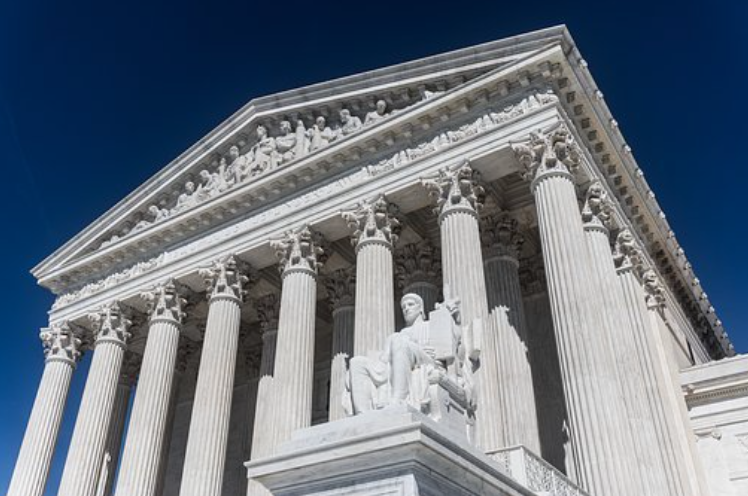The class action claims that Facebook broke federal law by tracking consumers’ activities on other websites and platforms–even when they were logged out of their Facebook accounts.
The United States Supreme Court has refused to hear Facebook Inc.’s arguments against a $15 billion class action that claims the social media network tracked consumers’ activity even when they were logged out of the application.
Reuters reports that the justices declined to hear Facebook’s appeal of a lower court ruling.
That ruling, notes Reuters, had revived a massive class action which accused Facebook of violating the so-called Wiretap Act. Facebook, claims the class, “secretly” tracked consumers’ visits to any and all websites which incorporated application-specific features, such as the option to “Like” or “Share” an article.
While the same lawsuit also accuses Facebook of violating California-specific digital privacy statutes, the Supreme Court’s ruling only dealt with the alleged Wiretap Act violations.
The Wiretap Act, adds The Hill, generally prohibits individuals and corporations from tracking communications—including electronic communications—unless they are on the receiving or sending end of a unique correspondence.
However, Facebook purportedly used integrated “Like” buttons, along with website cookies, to collect consumer data—which was then sold to advertisers.

Four users registered a class action against the social media behemoth after its unscrupulous tracking was made public.
Facebook, recounts Reuters, partook in “nonconsensual tracking” between at least April 2010 and September 2011, stopping only after a researcher exposed its practices later in 2011.
In its own defense, Facebook tried to persuade the Supreme Court that the presence of Facebook-integrated features on other websites made it a “direct participant” in digital exchanges between individual consumers and third-party websites.
“Facebook was not an uninvited interloper to a communication between two separate parties,” Facebook attorneys wrote in a brief. “It was a direct participant.”
Facebook has also repeatedly insisted that, in spite of its user tracking programs, it still protects consumer data and should not be subject to litigation over computer-to-computer communications.
Nevertheless, Facebook has been fighting the same lawsuit for years. While the class action was dismissed in 2017, the 9th U.S. Circuit Court of Appeals permitted the complaint to return to court in 2020.
In the 9th Circuit Court’s ruling, a panel of judges found that Facebook’s tracking mechanisms did not afford consumers a “meaningful” chance to control what the company could and could not see.
“Facebook’s user profiles would allegedly reveal an individual’s likes, dislikes, interests and habits over a significant amount of time, without affording users a meaningful opportunity to control or prevent the unauthorized exploration of their private lives,” the panel said.
Sources
Supreme Court Denies Facebook Appeal On Curtailing $15B Tracking Lawsuit
Supreme Court rejects Facebook bid to scale back $15B tracking lawsuit
U.S. Supreme Court rebuffs Facebook appeal in user tracking lawsuit


Join the conversation!